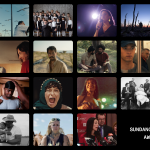Chris Spencer Reflects on the Cultural Impact of “Black Comedy in America” the Vice TV Docu-series
In a thought-provoking live session with comedian, writer, director, and producer Chris Spencer, we dug into Black comedians’ rich history and evolving influence in America through Vice TV’s docu-series, “Black Comedy in America.” The series, which first premiered on October 15th and is co-hosted by Spencer, uncovers the transformative role of Black comedy as both a survival tool and a cultural force; the upcoming episode on December 10th features Spencer and our conversation about the show and his thoughts on the topic was both educational and entertaining. With a multi-generational perspective, the series not only highlights the pioneers who shaped the genre but also looks ahead to the future of comedy. This was a fun interview that rapidly turned into a conversation. It was a high compliment for me, and you can listen to the full conversation below this recap. Tune in!
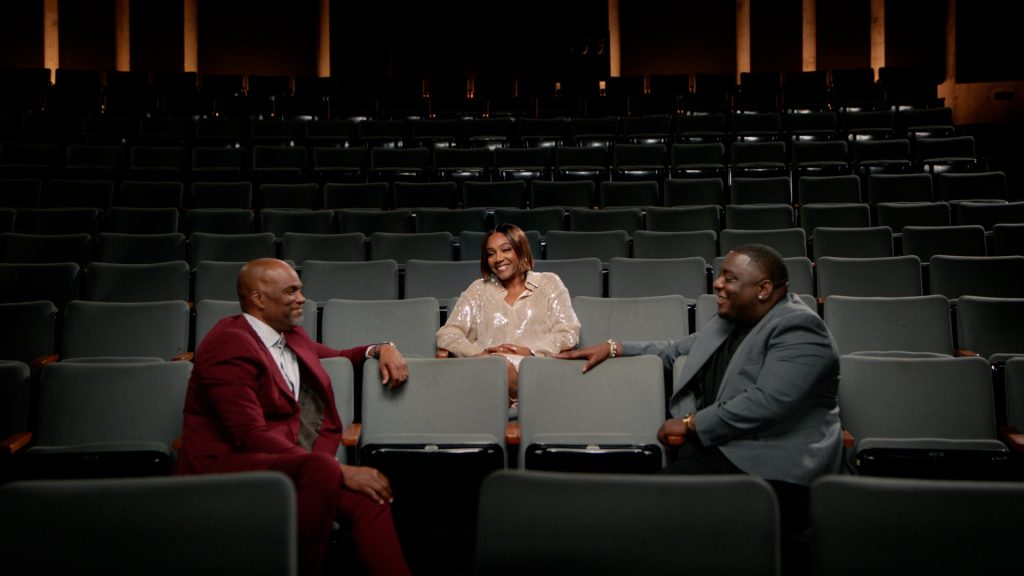 l to r Chris Spencer, Tiffany Haddish, and Ryan Davis – “Black Comedy in America” Docu-series – Courtesy of Vice TV
l to r Chris Spencer, Tiffany Haddish, and Ryan Davis – “Black Comedy in America” Docu-series – Courtesy of Vice TV
Black Comedy in America, a new docuseries produced by SMAC Productions and She Ready Productions and hosted by comedians Tiffany Haddish, Chris Spencer, and Ryan Davis
A Legacy of Laughter: The Significance of Black Comedy
As Spencer explained, Black Comedy in America is much more than just a retrospective look at the genre—it serves as an essential cultural document. “Comedy, especially Black comedy, has always been a survival skill,” he remarked. “It’s a way for the community to take what life throws at you and turn it into something that people can laugh about.” The series highlights how Black comedians have used humor to navigate and resist societal challenges, turning pain into power through the art of laughter.
Spencer’s insights go beyond surface-level comedy. He emphasizes that Black comedy is rooted in resilience and the ability to reflect societal injustices while making people laugh. From the trailblazing work of Richard Pryor to the fresh perspective of Tiffany Haddish, the series captures how each generation of comedians has impacted both the industry and the culture at large.
Generational Perspectives: The Evolution of Black Comedy
The show takes a unique approach by bringing together hosts and interviews from different eras, offering an invaluable perspective on how Black comedy has evolved. By featuring voices from various generations, the docuseries captures a tapestry of comedic styles—from the raw, boundary-pushing humor of the ’70s and ’80s to today’s socially aware, boundary-expanding comedy.
Spencer reflected on his experiences, noting how comedy has changed. “The tools we have today are very different from when I started,” he said. “But the heart of it—addressing the issues we face as a community—has remained the same.” The generational approach also shows viewers how comedians have navigated changing societal norms and an increasingly diverse audience.
Comedy as Craft: Adapting to Audiences
A key theme in my conversation with Spencer was the importance of comedians’ ability to adapt. He insists comedy is not just about telling jokes—it’s about understanding and engaging diverse audiences. “It’s about knowing your crowd and reading the room,” Spencer explained. “The art of comedy requires a certain mastery—timing, delivery, context—without it, you lose the audience.”
The docuseries underscores this notion, demonstrating that comedy is both a craft and a reflection of the social landscape. As comedy continues to evolve, so too does the need for performers to hone their skills to reach a broad spectrum of people. “Black Comedy in America” pushes this idea forward, showcasing the vast range of talent that emerges from such adaptability.
The Future of Comedy: Mentorship and Innovation
Looking ahead, Spencer sees “Black Comedy in America” as more than just a historical recount—it’s also about the future. The series sets the stage for discovering new comedic talent as it celebrates mentorship and the passing of the torch. “In comedy, there’s always someone coming up who’s ready to take it further,” Spencer indicated. “We owe it to the next generation to help them find their voice.”
Mentorship has always played a key role in the comedy world, with veteran comics helping newcomers navigate the industry’s complexities. As the docuseries highlights, the comedy community is one of collaboration, where growth is fueled by shared wisdom and innovation.
Comedy as Resistance and Change
Perhaps the most powerful aspect of Spencer’s reflections was his discussion of comedy as resistance. Throughout history, comedy has been a tool for addressing racism, inequality, and the harsh realities of life in America. Whether it’s through biting satire or subtle commentary, Black comedians have often used humor as a vehicle for social change.
“The beauty of comedy is that it allows you to say things that others can’t,” Spencer relates. “Comedy gives you the ability to talk about issues like race, class, and identity in a way that makes people listen.” The docuseries is a celebration of that legacy—one that continues to resonate today.
The Enduring Power of Black Comedy
In reflecting on his own journey and the influence of legendary comedians, Spencer underscores the cultural significance of “Black Comedy in America.” The series is more than just entertainment—it’s an exploration of how Black comedians have shaped and continue to shape American culture. From its origins in the lives of trailblazing pioneers to its current landscape of innovation, Black comedy is not just a form of entertainment—it’s a vital part of the ongoing dialogue on race, identity, and social change in America.
“Black Comedy in America” is not just about the jokes—it’s about the stories behind the laughs and how those stories continue to influence future generations. As Spencer puts it, it’s clear that comedy is not just an art form but a powerful survival skill.
You can join the conversation below, and feel free to share your stories and comments as well!
More from Chris Spencer, Writer/Director and Producer, via our custom feed below!
Tweet

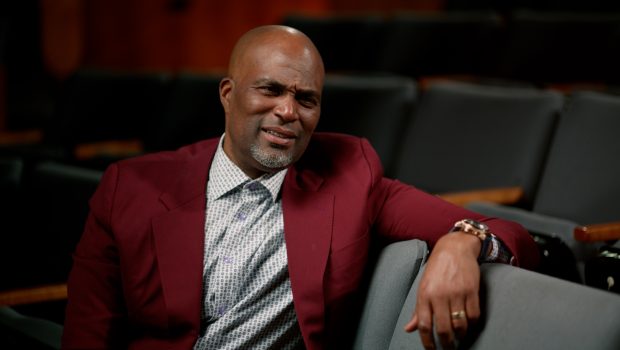

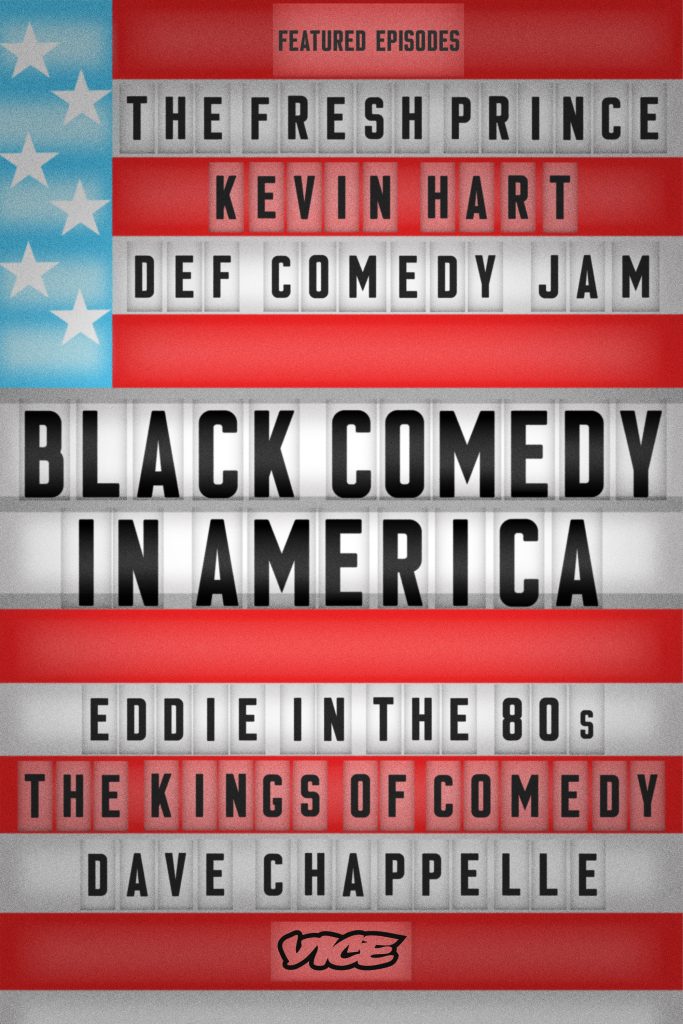
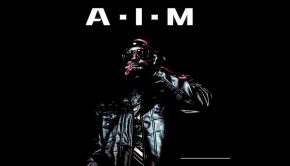



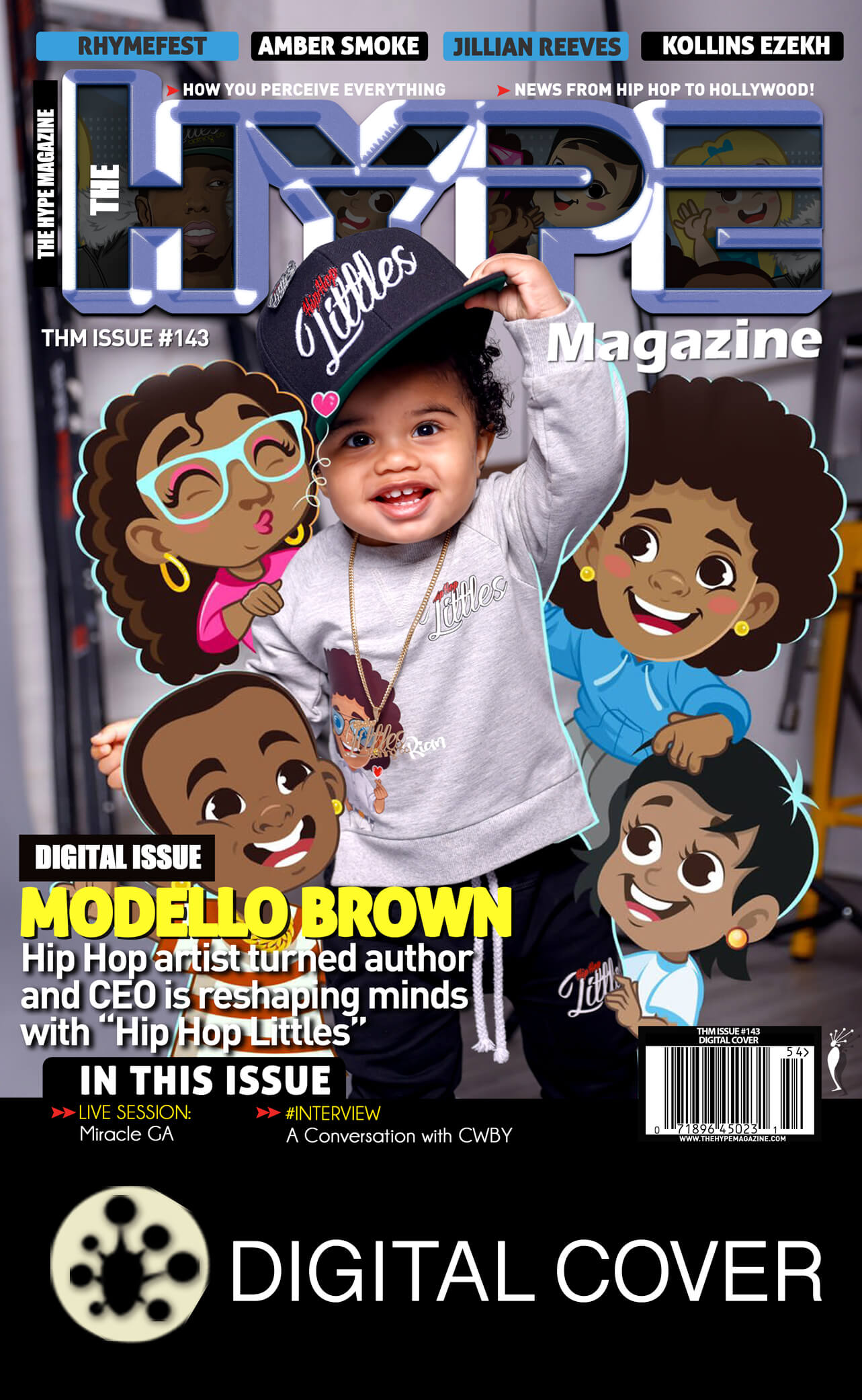




![Will Rawls [siccer] stage performance - Photo by Jared Sorells.](jpg/will-rawls-siccer-stage-performance-photo-by-jared-sorells-50x50.jpg)














